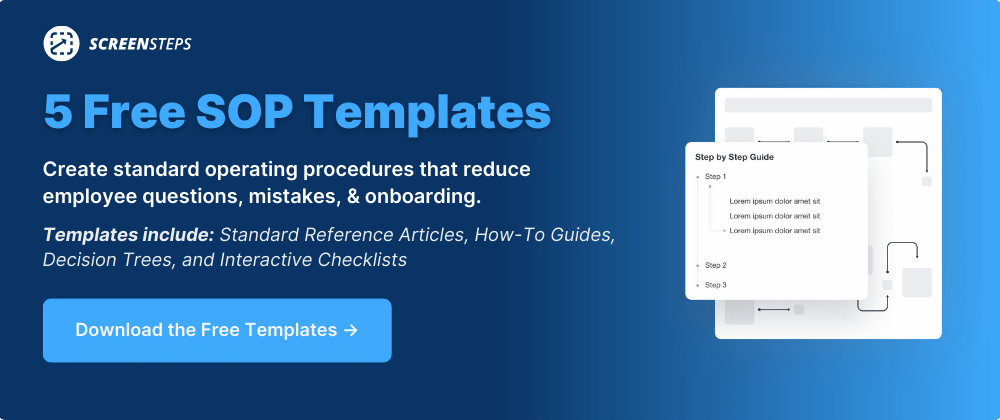What is Tacit Knowledge? (Definition, Benefits, + Examples)
Transferring knowledge is an essential part of your business strategy.
The thing is there are many different types of knowledge and they can't all be transferred in the same way.
In this blog post, we'll dive into what is tacit knowledge and what that has to do with your business.
What is tacit knowledge?
Tacit knowledge refers to the type of knowledge that is deeply ingrained in individuals and is often challenging to articulate or codify explicitly. It resides within an individual's mind and is largely unspoken.
It is the type of knowledge that helps people do something. It helps people problem-solve and draws on foundational knowledge.
Tacit knowledge encompasses the skills, insights, and intuition that individuals accumulate through personal experiences, practice, and hands-on learning.
It is the type of knowledge that people obtain through experience
Tacit knowledge is also known by a few alternative names in the business world. Some of those terms include:
- Tribal knowledge
- Experimental knowledge
- Actionable knowledge
- "Know-how" knowledge
Because tacit knowledge requires more thinking, it is more difficult to transfer tacit knowledge than explicit knowledge.
Examples of tacit knowledge
- Employees draw on their individual expertise and experiences to solve problems, share ideas, and contribute to creative solutions, enhancing overall team performance.
- Customer service representatives rely on tacit knowledge to understand customer needs beyond explicit information.
- Employees adjust to change by drawing on past experiences and knowledge.
- Project managers often use tacit knowledge to navigate project complexities.
Tacit knowledge vs explicit knowledge
There are many different types of knowledge, but the two most common types of knowledge are tacit and explicit knowledge. How do tacit and explicit knowledge compare?
Tacit Knowledge
Tacit knowledge is intangible and resides within an individual's mind. It is not easily expressed in words or formalized in a way that can be easily communicated or documented.
Explicit Knowledge
Explicit knowledge is tangible and can be captured, recorded, and communicated in a clear and systematic manner. It can be easily shared through various mediums, making it accessible to a broader audience.
It is rote knowledge that people can memorize and recite back to you. We also call this type of knowledge foundational knowledge.
Capture your tribal knowledge with a knowledge base
While tacit knowledge is difficult to transfer, it isn't impossible.
Traditionally, tenured employees and experts will verbally explain and show employees how to handle different procedures. Instead, you can share that knowledge with clearly written standard operating procedures (SOPs).
With ScreenSteps, you can capture complex procedures in the matter of minutes. The authoring tools help you create clear digital guides that your employees can use to complete tasks without needing to ask supervisors for additional help.
Ready to get started writing SOPs?
Download the SOP template packet. In this packet, you have templates for the five most common SOPs in business (plus, you get examples to follow).



